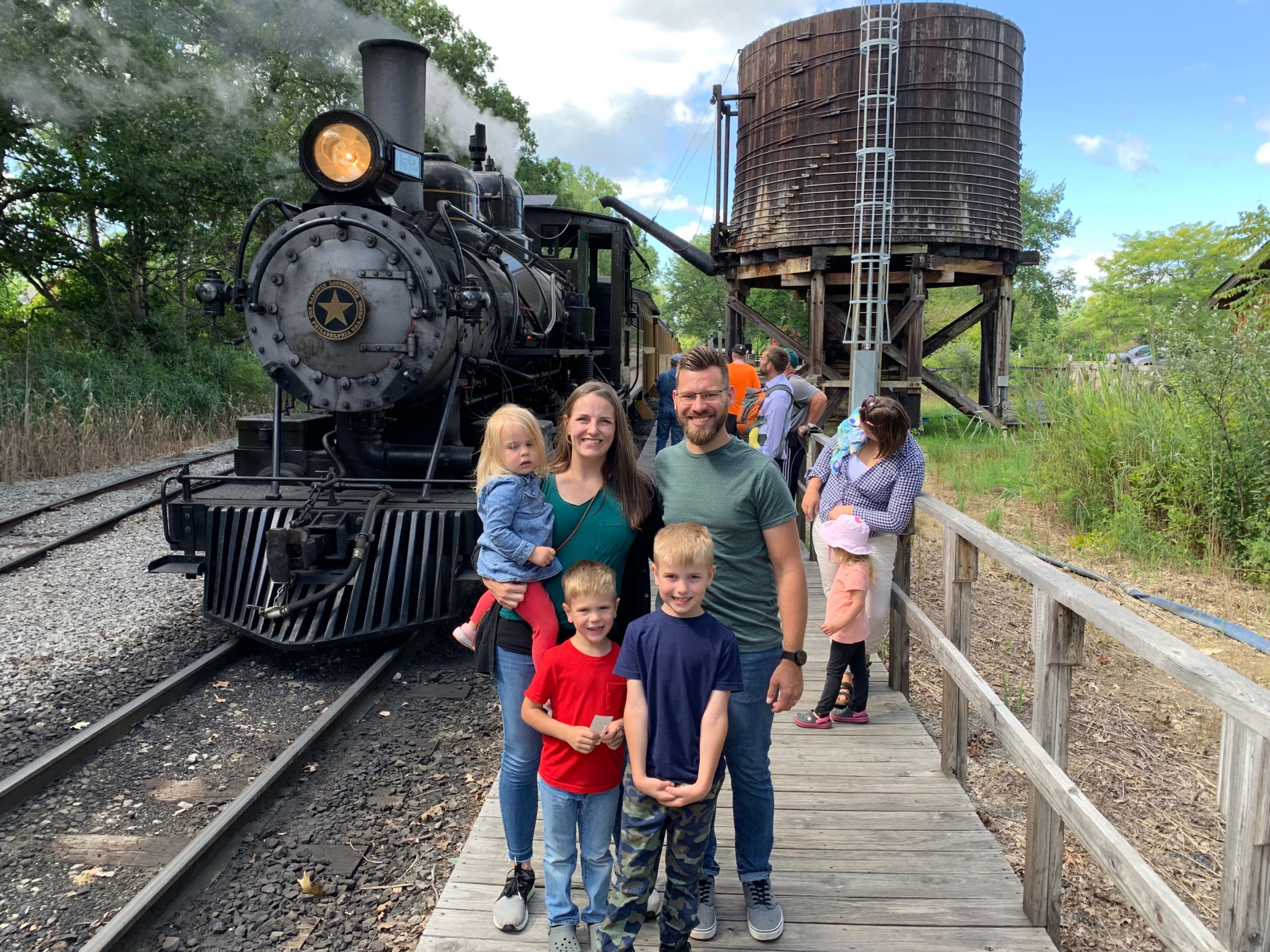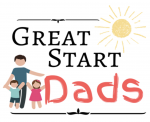
Author’s note: this is a two-part post. Part one will focus on the author’s own experience and opinion. Part two will dive into some data research in order to build on the conclusion.
Phone in hand, my mother looked at me with a stone-cold face. “He’s dead. Dad’s dead.”
“Grandpa?” was my response.
“No. Your dad.”
Nearly twenty-two years later, I still think about the moments that followed. I sat in our mobile home with a couple of friends who were waiting to be picked up the night after my birthday party. I don’t remember what I was thinking, but I do remember looking out the window, emotionless, as I watched my friend’s parents pull up to the door.
The experience at the hospital was like none I’ve had before, or since. Hearing my grandmother respond to the sight of her still son; meeting in the small, separate waiting space outside of the emergency room with other family members; entering into the room where my dad lay lifeless on the hospital bed. It was surreal, to say the least. Since his death, I’ve married and have three children of my own, and I have to admit: being a fatherless father (a term I first heard from Jason Pockrandt, friend and author of Father-Daughter Conversations) is not easy.
I think most of us dads can agree, fatherless father’s or not, being a dad isn’t easy. What I’ve found to be true in my experience (and what I’ve seen to be consistent in the lives of students I’ve spent time with) is that dads have a unique affect on a child’s well-being.
I think most of us dads can agree, fatherless father’s or not, being a dad isn’t easy. What I’ve found to be true in my experience (and what I’ve seen to be consistent in the lives of students I’ve spent time with) is that dads have a unique affect on a child’s well-being. For three-quarters of my life, I’ve lived without a father. Even before his death, I rarely saw him, since my parents were divorced early in my life.
It is important to recognize that mothers are very important people. I am grateful for a mother that clearly displayed love to me as a child, and who continues to do so now. Yet, cultural expectations have long said that only the mother loves and nurtures children while the father is the passive supporter. The reality is that parenting is a two-piece puzzle.
Dads have a unique effect on a child’s well being because of the nature of their role. I believe that if I were to have a dad who was engaged, available, and interactive it would have changed me drastically. I’ve seen how the absence of a dad has left me struggling with an attitude that is: indecisive, insecure, undisciplined, and incomplete. It’s frustrating when I see how this attitude has affected my daily interactions with my own children.
Not long ago, I had a conversation with a fellow dad whose children recently moved out of the house. As we discussed the topic of fatherhood, he revealed something that I witnessed but had never put into words: children look to dad more so than mom. I believe the nature of a dad is to set the example of what a stable (not perfect) character looks like. Children respond to the voice of a father differently than they do a mother. Children notice when dad takes part in something that is out of his normal character. A child’s heart sinks deeper when dad doesn’t approve of behavior, or recognize success. When this role is constantly missing from the home it can be obviously seen in the child. Our unique role as fathers has the natural tendency to make or break our children as we try to be a stable example of humanity.
As we continue this conversation in part two, consider answers to these questions: What does a dad have to do to earn the status of “nurturing” within home and by our culture? How can we be dads who are engaged, available, and interactive? How has the way we were or weren’t fathered affected our response? What legacy should we be leaving our children?

Neil Sierocki is a husband, dad-of-three, follower of Christ, and the Pastoral Resident at Our Redeemer Church in Midland, MI. Neil has spent the past ten years working with students (ages 11-19) as a mentor and pastor. He is currently working with the Bay-Arenac Great Start Collaborative to kickstart the fatherhood initiative, Great Start Dads.
